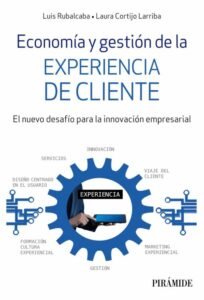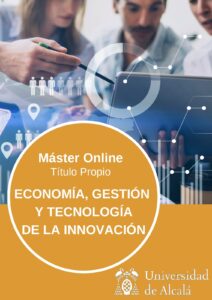By Luis Rubalcaba, Professor at the University of Alcalá
What do we see these days?
So many sick and deceased, so many companies in crisis, so many unemployed workers A human drama and an economic drama. How are you going to get out of this? The answer is not easy. Many things are going to change. Work and social relationships will build the economy differently. Globalization is also going to be viewed with more caution now. The competition is going to be different after this crisis, as well as the forecasts and provisions for unexpected risks. A context in which new and unpredictable obstacles are encountered every day, as has been the case with the crisis caused by this Covid-19 virus, already considered an economic crash comparable to that of 1929 to some extent. This is going to force them to rebuild and reinvent themselves; It will be a must for everyone.
Perhaps we can think of a way out as has happened after some reconstruction processes after the war, as in Germany when bombs and artillery destroyed factories and buildings, but not the human capital of many people who lent themselves to rebuilding the country after war. And Germany, with new factories after reconstruction, grew faster than other countries that operated with old and unproductive factories. And the same thing happened in much of Europe with the reconstruction project that would culminate in the birth of the EEC and for which the Marshall Plan was a great facilitator. The virus is also killing many things in us, but not human capital and not, this time, physical capital either, so the recovery will necessarily be much faster, although not as fast as we would like. And perhaps things will die that allow us to grow more and better, in a more sustainable way.
One of the most interesting things about the crisis is that a greater desire for social construction, for sociability, is emerging. Confinement has increased the desire for economic activity to be something beyond mere commercial dealings, to be an opportunity to meet others that generates an experience. There is a desire to share the same destiny, a common good, for which a greater collective consciousness has grown. An economic good is desired, but more than the economic good is desired, even more of the economic good is desired. Paradoxically, in the midst of confinement and a low level of main social activity, the crisis invites us to rethink all socioeconomic relationships and to innovate for personal and community experience.
Technology plays its role in this historical moment. We see it every day in the greater acceptance of new technologies and forms of consumption, such as those related to home delivery and online ordering, which are being introduced even by those small businesses that previously only provided the traditional sales service, adapting their methods and processes to the current environment and achieving a greater approach and trust from customers. Something similar happens in larger companies. And in the educational sector in which teleworking and online meetings have appropriated their working and teaching hours, opening new horizons to the order that had been prevailing. In more and more environments, building and generating satisfactory experiences for clients or users is crucial in order to obtain advantages and added value from these new methods.
Companies must not only adapt to changes in the economy, in new technologies or in competition, but also to the new preferences, tastes and desires of the people to whom they want to offer their goods and services and who are less and less they will settle for anything. Currently, it is not enough to produce large quantities of goods at a reduced price and with adequate quality: the greatest added value is linked to the generation of experiences. The crisis is opening and will open space to innovate in the experience economy.





